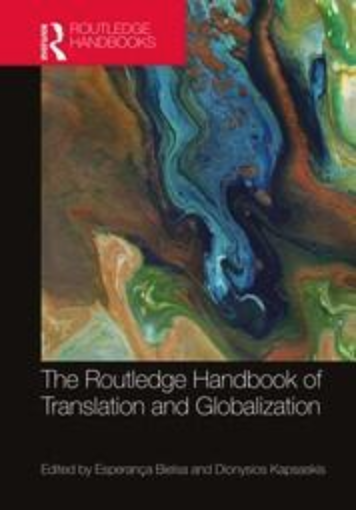Human rights have become a dominant paradigm for framing issues of social justice. The language of human rights is one adopted by a multitude of actors across the globe in their struggle for more equality, justice and accountability. This, as the late Sally Merry (2018) argued recently, is because framing social struggles in human rights terms offers several important benefits to social justice activists engaged in ‘local’ struggles. For one, it can add legitimacy to a moral claim made by local actors: using the human rights language suggests that these claims are not just the demands of a local community or even country, but that they refer to norms that have been created and agreed upon by virtually all the countries of the world. In addition, describing a particular issue as a human rights one renders this issue understandable to a wider audience. Using the shared language of human rights allows activists to frame issues in ways that other justice activists can understand even if they might not have encountered this particular problem themselves (also see White 2015). Furthermore, and related to this, calling a social justice claim a human rights claim produces allies: it allows activists from across the globe to engage in a shared struggle using the common language of human rights.
The Travel, Translation and Transformation of Human Rights Norms
Chapter in The Routledge Handbook of Translation and Globalization by Tine Destrooper

Released in 2020
Available at:
- https://www.routledge.com/The-Routledge-Handbook-of-Translation-and-Globalization/Bielsa-Kapsaskis/p/book/9780815359456



